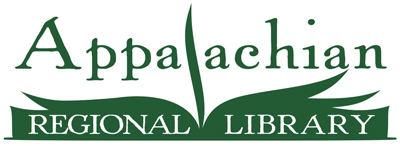Henry Adams lived during a period of significant societal and political change. Raised in a family with liberal beliefs, he supported the cause of the northern states and the abolition of slavery. His most famous literary work is an autobiography "The Education of Henry Adams," in which he reflects on the influences in his life and the many transformations that occurred in the nation. This book is recognized as one of the “Top 100 Nonfiction Books of All Time.” It was published privately for a select few in 1907 but became publicly available and widely circulated in 1918, after his death.
In my research, I have gained valuable insights from the influential authors mentioned by Adams, such as Honoré de Balzac, Ralph Waldo Emerson, William Makepeace Thackeray, and William Wordsworth. These literary figures significantly shaped Henry Adams's appreciation for the natural world, self-reliance, and intuition—qualities he believed were increasingly overlooked in the face of rapid progress. Adams’s work reflects a thoughtful exploration of the tension between tradition and progress, highlighting his struggle to harmonize his observations of the modern world with the values of the past. This perspective encourages a deeper understanding of how we can appreciate and integrate these essential qualities in our own lives today.
His autobiography is organized into sections that cover distinct periods of his life, even reaching back to his childhood. One memorable detail includes an early recollection of a delicious baked apple that his aunt brought him when he was recovering from an illness as a child. As he moves through different stages of his life, he reflects on his 'virginal' years, a time when the world felt more grounded and morally sound—and his 'dynamo' years, which were marked by the significant changes of the industrial era, often referred to as the Gilded Age.
Adams's experiences remind us that, despite his privilege and access to power, he grappled with the challenges of a changing world. His story encourages us to reflect on our own relationship with the past and the forces that shape our lives. I wonder what Henry Adams would think of our relationship with technology if he were alive today.
Join us for a discussion about "The Education of Henry Adams" and enjoy a taste of baked apples at noon on February 13 at the Traphill Branch Library. The mention of this treat in Adams’s recollections serves as a powerful symbol of the simpler pleasures of earlier years, representing a lost era.
Another related program occurs at the main library in North Wilkesboro. Join us for a livestream lecture with a qualified expert on “The Visions of Our Founding Fathers” at 1:00 p.m. on February 3.

